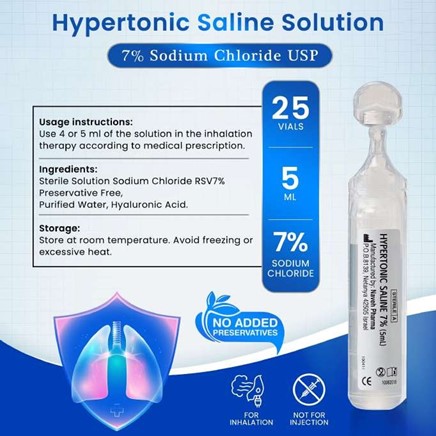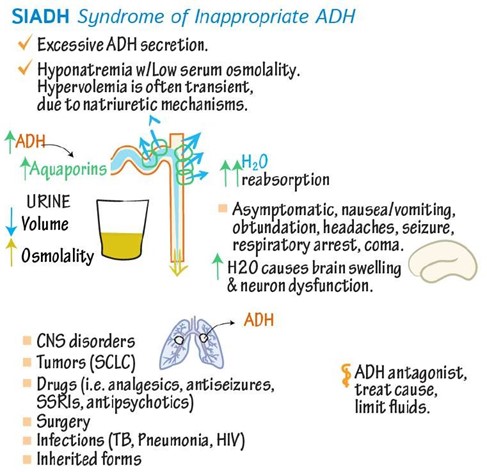A client with end-stage renal disease is receiving peritoneal dialysis.
Which of the following actions should the nurse take to prevent infection?
Administering antibiotics prophylactically.
Performing hand hygiene before and after handling the dialysis equipment.
Allowing the client to handle the dialysis equipment independently.
Discontinuing the peritoneal dialysis if the client develops a fever.
The Correct Answer is B
Performing hand hygiene before and after handling the dialysis equipment is essential to prevent infection in peritoneal dialysis.

Hand washing and appropriate use of a mask can help avoid peritonitis, which is a serious complication of peritoneal dialysis.
Choice A is wrong because administering antibiotics prophylactically is not recommended for peritoneal dialysis patients, as it can increase the risk of antibiotic resistance and adverse effects.
Choice C is wrong because allowing the client to handle the dialysis equipment independently may increase the risk of contamination and infection.
The client should be supervised and instructed by a nurse on how to use sterile technique when connecting and disconnecting the transfer set.
Choice D is wrong because discontinuing the peritoneal dialysis if the client develops a fever may worsen the client’s condition and lead to fluid overload and electrolyte imbalance.
The client should be evaluated for signs of infection and treated accordingly.
Nursing Test Bank
Naxlex Comprehensive Predictor Exams
Related Questions
Correct Answer is B
Explanation

This is because hyponatremia is a condition where sodium levels in your blood are lower than normal, usually due to too much water in your body that dilutes the sodium. A hypertonic saline solution is a fluid that has a higher concentration of sodium than blood, and it can help restore the normal sodium balance by drawing water out of the cells.
Choice A is wrong because restricting fluid intake may not be enough to correct severe hyponatremia, and it may worsen the symptoms of dehydration.
Choice C is wrong because encouraging increased fluid intake will further lower the sodium levels and increase the risk of complications such as brain swelling.
Choice D is wrong because administering a loop diuretic will cause more sodium and water loss from the kidneys, which can worsen hyponatremia and dehydration.
Normal ranges for blood sodium levels are between 135 and 145 milliequivalents per liter (mEq/L).
Hyponatremia is defined as a blood sodium level below 135 mEq/L1.
Correct Answer is A
Explanation

SIADH is a condition in which your body makes too much antidiuretic hormone (ADH), which controls how your body releases and conserves water.
SIADH makes it harder for your kidneys to release water and causes the levels of electrolytes, like sodium, to fall due to water retention.
This leads to hyponatremia, which is when you have low levels of sodium in your blood.
Choice B is wrong because hypernatremia is when you have high levels of sodium in your blood.
This can occur due to dehydration, excessive salt intake, or kidney problems.
Choice C is wrong because hyperkalemia is when you have high levels of potassium in your blood.
This can occur due to kidney failure, acidosis, or certain medications.
Choice D is wrong because hypokalemia is when you have low levels of potassium in your blood.
This can occur due to vomiting, diarrhea, diuretics, or alkalosis.
Whether you are a student looking to ace your exams or a practicing nurse seeking to enhance your expertise , our nursing education contents will empower you with the confidence and competence to make a difference in the lives of patients and become a respected leader in the healthcare field.
Visit Naxlex, invest in your future and unlock endless possibilities with our unparalleled nursing education contents today
Report Wrong Answer on the Current Question
Do you disagree with the answer? If yes, what is your expected answer? Explain.
Kindly be descriptive with the issue you are facing.
